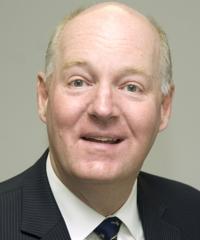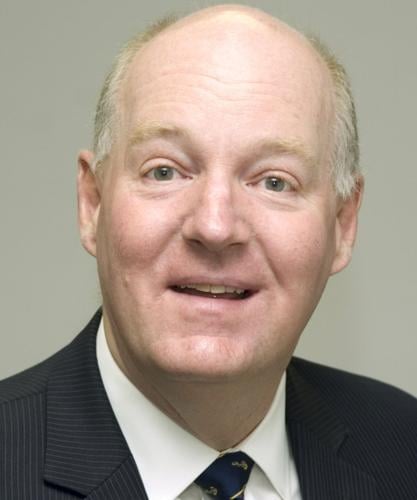They are the three words that close the second paragraph of the Declaration of Independence. This section of the Declaration, perhaps the most memorable of the entire document, states “…that we hold these truths to be self-evident, that all men are created equal, that they are endowed by their creator with certain unalienable rights that among these are life, liberty and the pursuit of happiness.”
It was remarkable enough for the Founding Fathers to declare the equality of mankind and the sanctity of natural rights, but the closing phrase did something that no government document had ever done: That’s to state that the pursuit of individual happiness is a right of humankind.
It’s a reference that doesn’t get the consideration it deserves. Consider the seriousness of the people who wrote it and the way they viewed self-government. These words, contained in an already profound statement regarding individual rights, offer a unique insight into the minds and the vision of our founders.
What makes this statement so unique is that it stated that happiness, perhaps one of the most challenging notions there is to explain, is up to the individual to define. It isn’t a government responsibility, but it is something that every individual has a right to seek on their own.
This kind of thinking is indicative of the Enlightenment, the period of awareness and learning that at its height in the late 18th century gave rise to such notions as republican government, intense questioning and natural rights. Happiness existed, but since it was changeable, and by its nature unique to each individual, the only thing the government should do is to allow each individual to pursue that goal the best way they could.
It’s been argued that the phrase was nothing more than a place holder. However, that’s unlikely. These men weren’t given to throw away phrases. While one of the earlier drafts had said “life, liberty and property,” at Ben Franklin’s suggestion, and with the ready concurrence of the Declaration Committee’s other members--Thomas Jefferson, John Adams and Roger Sherman --the phrase was changed to include “…the pursuit of happiness.” The Congress debated the Declaration for two days. They made dozens and dozens of changes, but the reference to happiness remained as it was.
The Declaration of Independence, for all its fame, has no force of law. Many people are surprised at this, but it was not intended to be legislation, but rather a statement of the principles behind the Revolution. However, while that somewhat imprecise phrase about happiness may not have force of law, in the years since 1776 this phrase been used to support all sorts of causes where the rights of the individual are in conflict with prevailing notions of society or the law. They have been repeated and discussed in debates in Congress, noted in Supreme Court decisions, and in speeches and discussions all over the world.
Happiness, personal happiness, is hard to define and almost impossible to guarantee. But that wasn’t really the point. The objective in their revolutionary philosophy was to state that no government, whether it was Great Britain or something homegrown, should place unreasonable barriers and restrictions on its citizens that limit their potential fulfillment or happiness.
Governments often attempt to try and tell us what will make us happy. However, the Founding Fathers would have readily reminded us that government can’t offer happiness. It simply isn’t possible. What’s more, when it tries, it usually fails.
While having certain basic functions, which we will always be debating, sometimes the best course for any government, when it comes to assuring our personal happiness, is to stay out of our way and let each of us find it ourselves. It was a remarkable statement about individual freedom that was a radical concept then, and for many, still is today.
David Kerr, a former member of the Stafford County School Board, is an instructor in political science at VCU and can be reached at StaffordNews@insidenova.com.




(0) comments
Welcome to the discussion.
Log In
Keep it Clean. Please avoid obscene, vulgar, lewd, racist or sexually-oriented language.
PLEASE TURN OFF YOUR CAPS LOCK.
Don't Threaten. Threats of harming another person will not be tolerated.
Be Truthful. Don't knowingly lie about anyone or anything.
Be Nice. No racism, sexism or any sort of -ism that is degrading to another person.
Be Proactive. Use the 'Report' link on each comment to let us know of abusive posts.
Share with Us. We'd love to hear eyewitness accounts, the history behind an article.